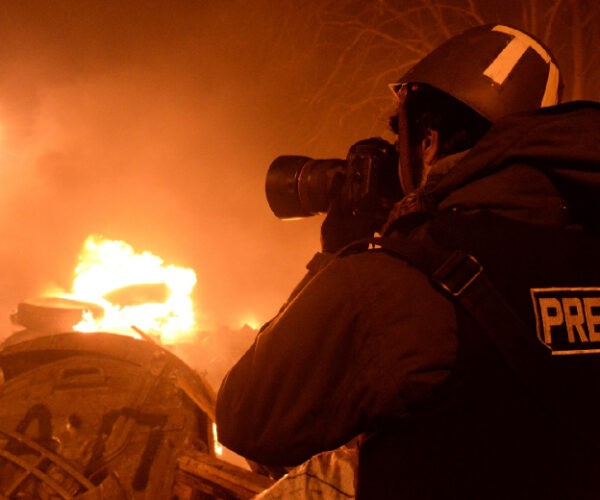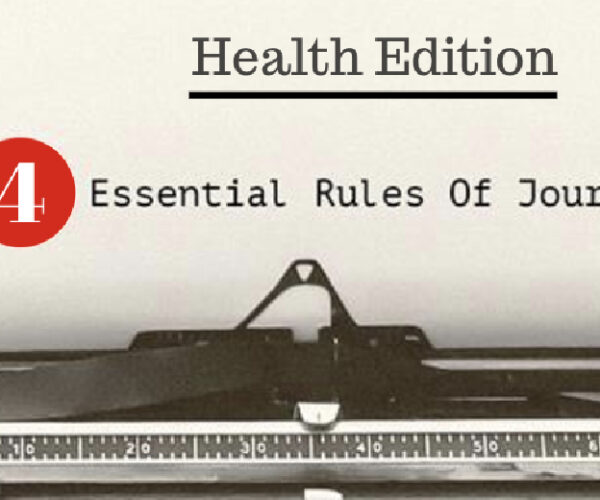Are you interested in carving your name in the world of investigators? Read on below as this article is the guide for you to become an investigative journalist.
Before proceeding further, let’s take a brief look at investigative journalists.
What is an Investigative Journalist?
An Investigative Journalist demands hard work and determination. It expects one to be alert 24/7/364. It includes working irregular or odd hours, loads of traveling for interviews and researches and many more. The job of an Investigative Journalist is one of the toughest jobs in the world for it demands extreme of everything which includes physical, mental and psychological health.
Sometimes, the reporters’ job also involves great risks like reporting in dangerous situations like war zones or dangerous sites, to get the story covered. The investigative Journalist must be well versed in communication skills, strong writing, and investigative techniques. Their talent is not limited just in these, but they must also be skilled in digital photo, word processing, and video editing and must have good knowledge of photo equipment and digital cameras.
What are the works done by Investigative Journalists?
Investigative Journalists must produce original and true stories. It must be presented based on their personal research. To ensure whether an issue is worth covering, the reporter must first learn and record about the situation. For instance, if a reporter covers up a tax filing case, then he must first learn the original facts. For that he must have great network coverage, researches and determination to lead the case. While working, an investigative journalist must also ensure to follow all reporting guidelines. He must ensure to cross-check for the accuracy before presenting it to the public.
An investigative journalist can either build or destroy a person’s career in a matter of seconds. Therefore, he must make sure to present only true and accurate information and must take full responsibility for his story.
Find Out More About : Tips For Attending An Investigative Interview
Career at Glance
At present, the investigative journalist career has reached the highest peak and is the much-demanded job. It has a promising career in terms of money and fame. Keeping aside the hard work, it is the perfect job for those who love fame and deep secrets of the world around them. It is also the perfect job for those who focus on injustice and aims to bring change to society.
What Education is needed for Investigative Journalists?
To qualify for the investigative journalist, the most prime-degree needed is the undergraduate degree in any of the following subjects. They are Mass Communication, Journalism, Mass Media or broadcasting. Apart from this, if they are in fields like International Relations or Political science with good years of experience, they are eligible for the post.
The above degrees are just for the basic field requirements. To specialize more in the field, the students need a masters’ degree which includes data journalism. The master’s degree teaches the students how to investigate corporations and individuals, file information requests and many more. It also teaches us how one can protect themselves and their story along with other deep journalisms.
Do I need experience?
In the case of investigative journalism, Time is the finest teacher. No person can learn it overnight or in a span of a few months or years. It takes many years to learn and understand the right technique. Therefore, one cannot expect to cover some million dollar tax corruption cases or take up some corrupt politicians right after college. You will have no clue as to when these corruption cases have overcome your journalism and you would be left with nothing. These powerful and strong cases will finish your career even before your career has started.
Start your journalism career with simple investigations and learn from it. You must first understand journalism and how it works in the real world. Take slow steps at a time. The best way to learn investigative journalism is to get yourself hired in some local news channel or paper. This way you will learn real journalism and at the same time, you are building a strong portfolio too.
What are Key Skills?
A successful journalist is he who is filled with persistence, curiosity, and skills of strong investigation. Time management and organization are the most prime skills in a journalist. He must also be strong enough to work under high pressure for the job involves working 24/7 under pressure. Apart from this, he must also have enough knowledge about current affairs, good interviewing and analytical skills. An informative journalist also must be highly knowledgeable in computer skills, so that he tracks and has access to health and legal access.
Keeping all this on one side, a good investigative journalist must also be a curious learner. In other words, he must always be curious to know about the full story from different angles. He must be eager to know about his clients’ story as only then he can bring out the best one.
These are just a basic outline for an investigative journalist. To know more about it, start working as an intern or a private assistant to the reporter to get the raw and true information.






